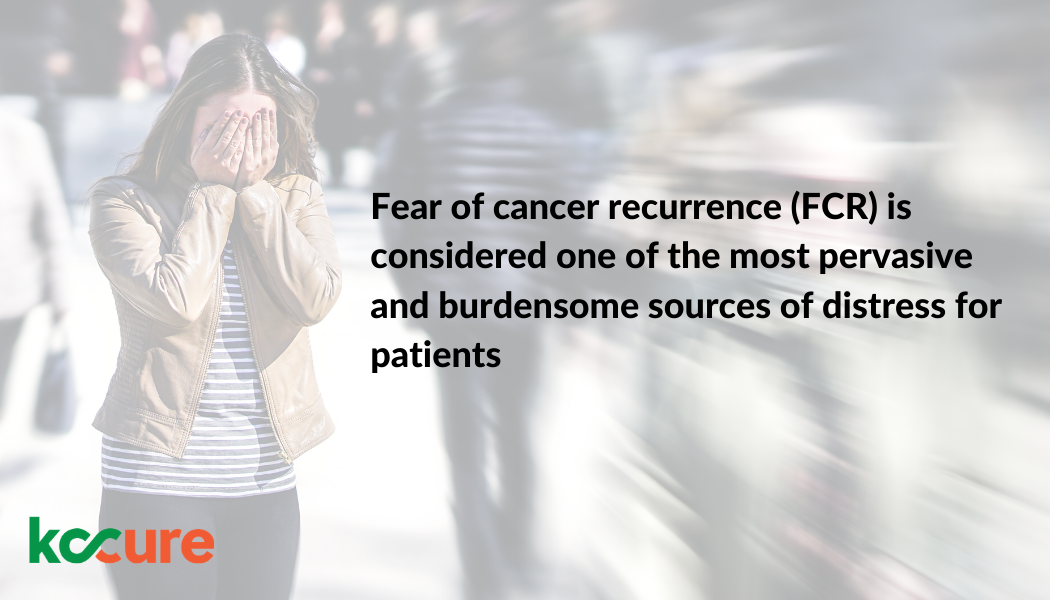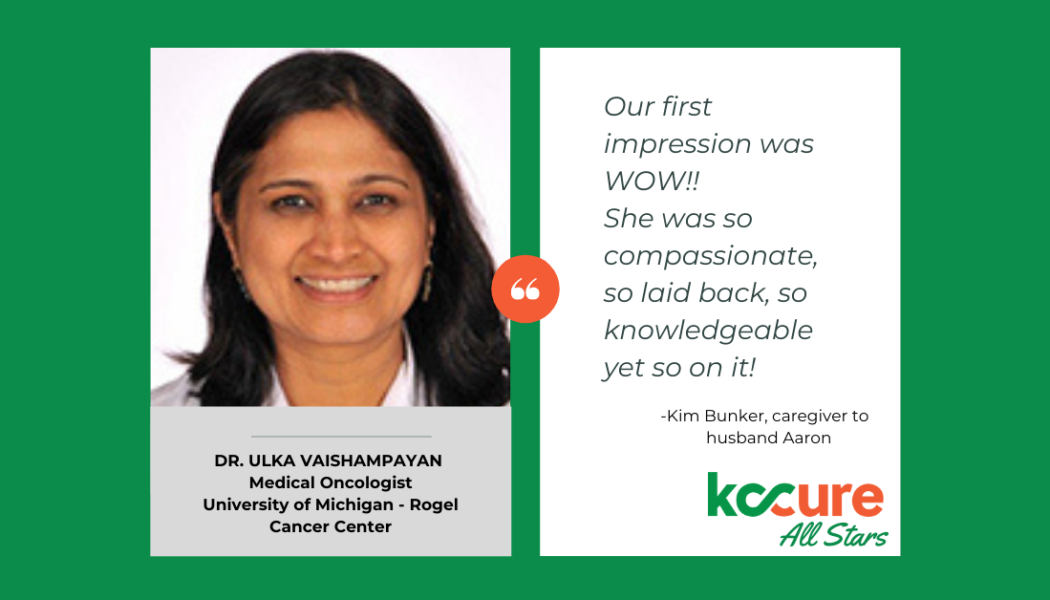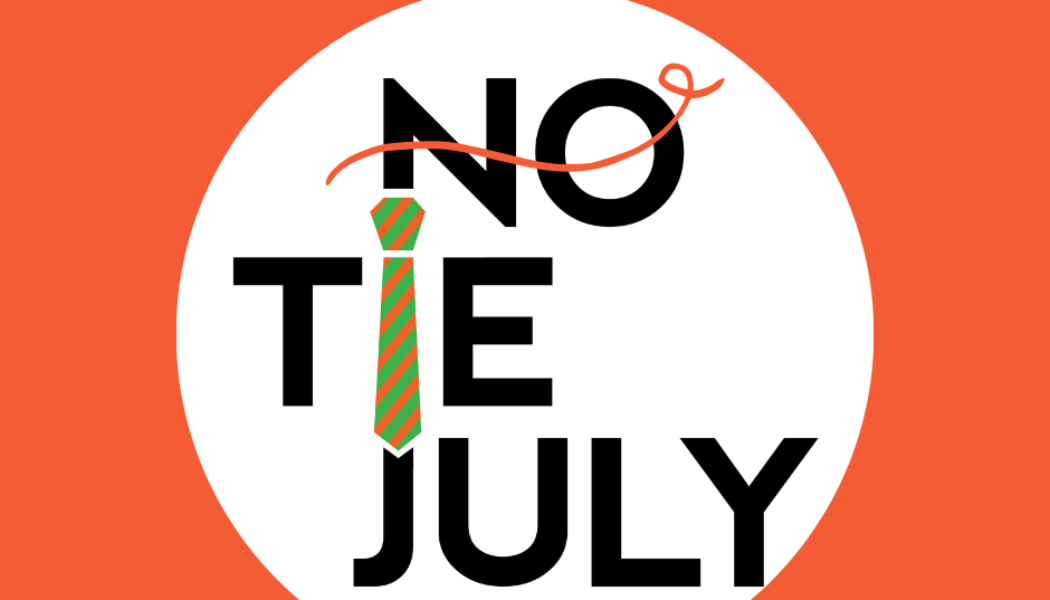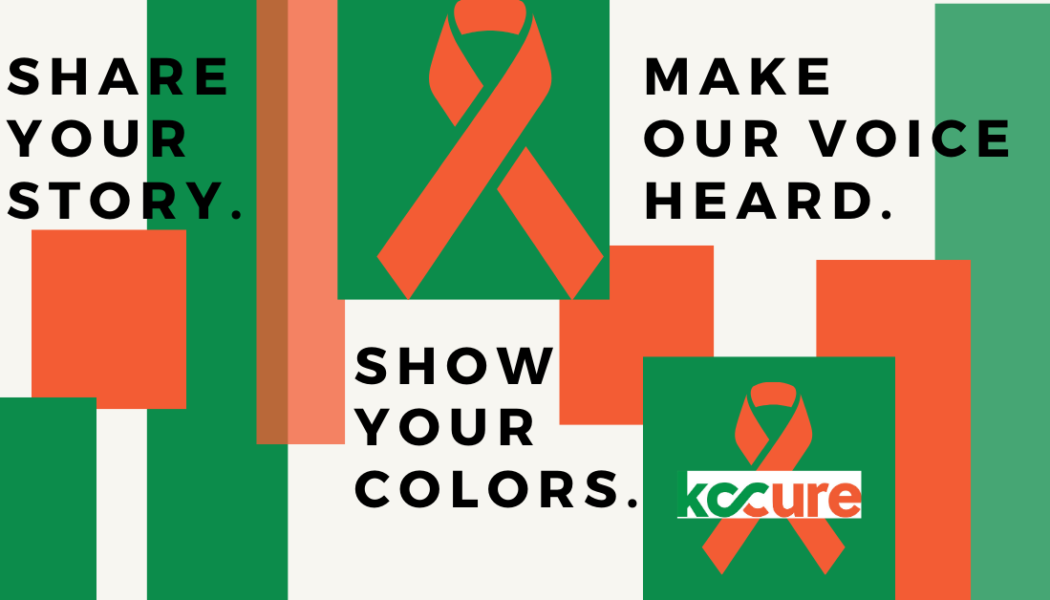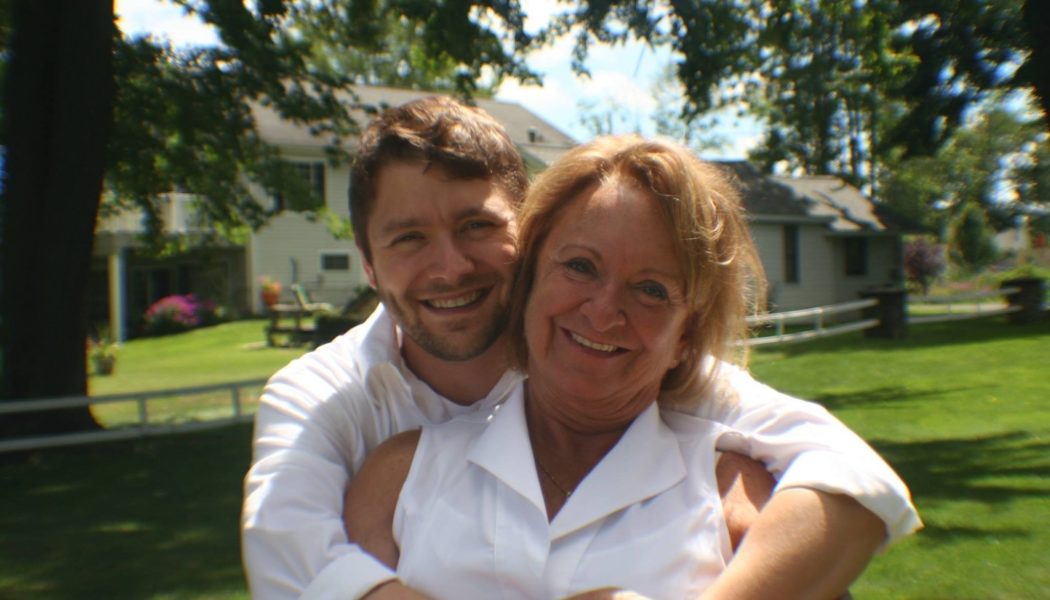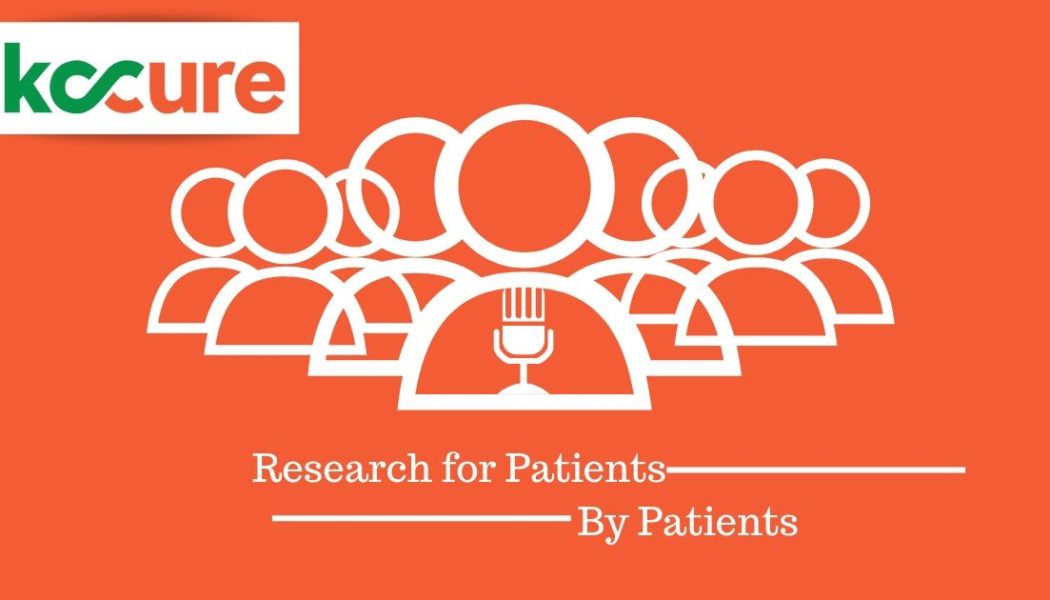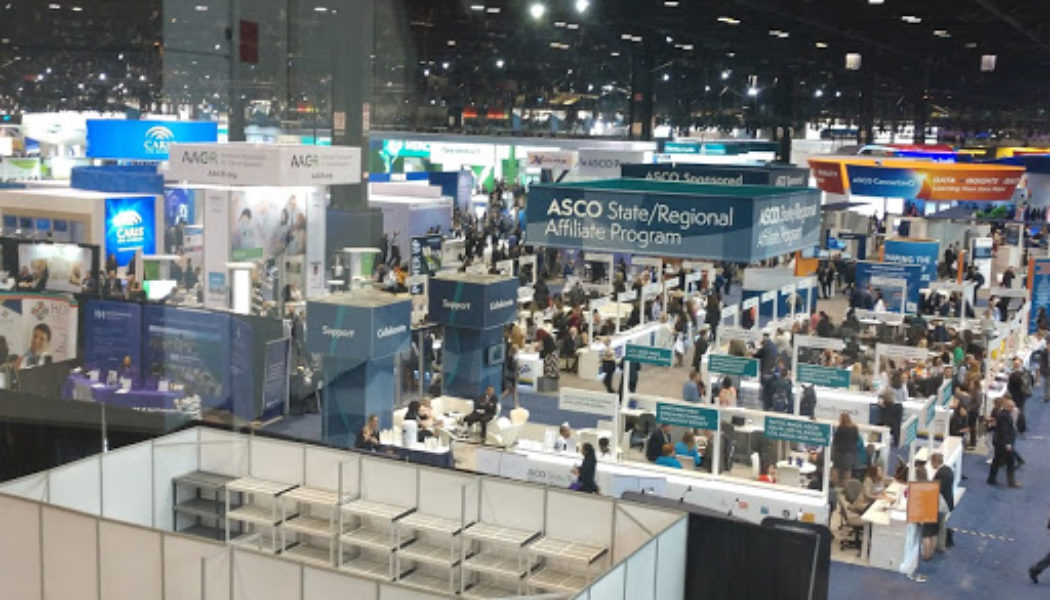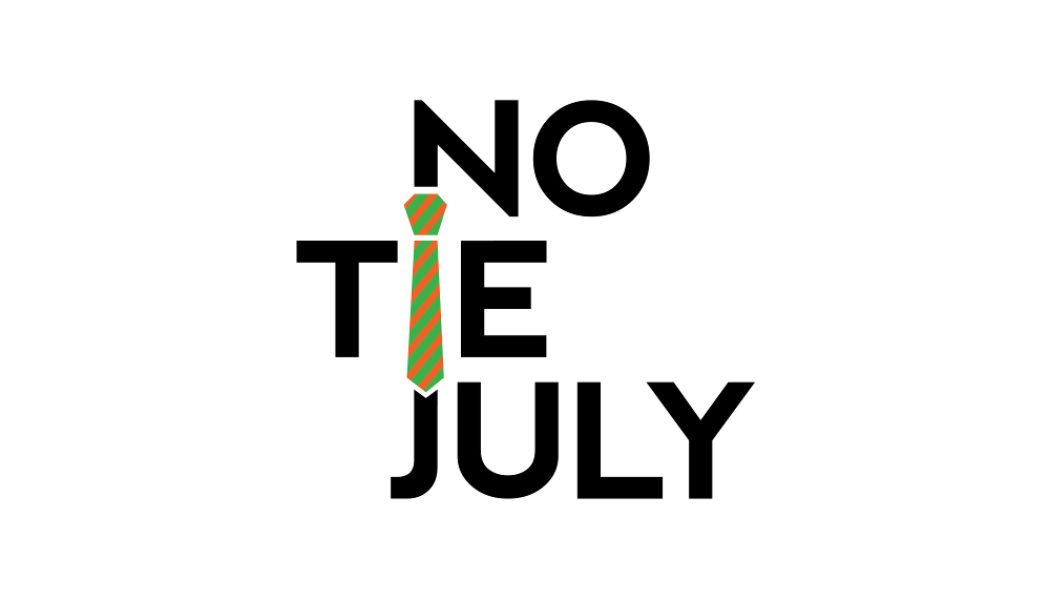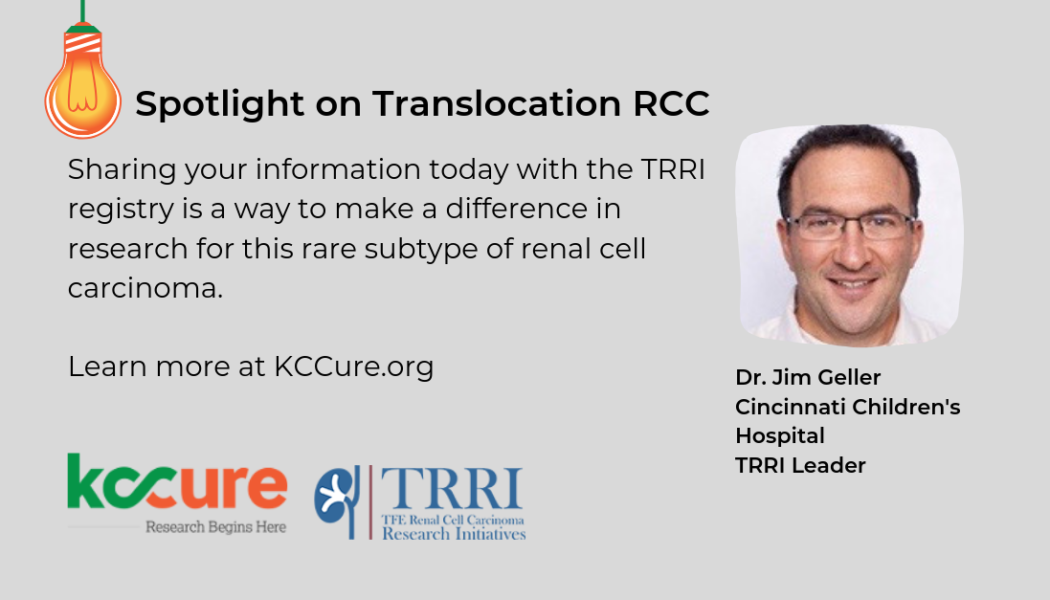News
Fear of Cancer Recurrence – and why it matters so much
Seventy-five percent of patients will be diagnosed with localized disease – cancer that is confined to the kidney. For most of these patients, surgery will be curative. Because of that fact, few resources exist to support these patients. The assumption is that they are “cured” and no longer need additional care. They are “lucky.” The problem with this logic is that 20 to 40 percent of those patients will eventually face a recurrence in their lifetime. Patients live in fear, wondering if they will be one of those people. While algorithms have been created, there still isn’t any consensus on how to risk stratify patients with localized disease. There is also no consensus on the type or frequency of follow-up care they should receive. Many patients are unaw...
Biopsy for Kidney Cancer – Communicating Changes in Practice
One question that is routinely posted in our kidney cancer patient communities is: should I have a biopsy of my kidney tumor? The resounding chorus from others is almost always an emphatic: “NO! “it’s too dangerous” “you’ll spread the cancer.” For more than two decades, the use of biopsy in managing renal cell carcinoma has been shifting dramatically. Advances in cytological techniques as well as increases in the number of unnecessary surgeries have expanded the role of renal mass biopsy. The myth that renal mass biopsy is dangerous has also largely been dispelled by multiple studies.[1] Despite the fact that biopsy rates are increasing, that the procedure is known to be safe, and that it can result in a reduction in unnecessary surgeries, the shared view in patient communities remains res...
Putting the Tie Back in July!
Every July, we hold our month long, “No Tie July” fundraising effort to raise money for kidney cancer. But this year is different. This year many of us wish we could wear a tie. Offices and workplaces around the world remain closed. And even once workplaces reopen, many people won’t have jobs to go back to. We know that everyone is struggling in this uncertain environment. If you can make a donation, we are sincerely grateful and all funds will go to fund our research grant program. But if you can’t, there are great ways to participate and make a meaningful difference for patients. This July, instead of taking off our ties, we’re celebrating TIES – the ties that bind us and bring us closer together. What can you do? Put your tie back on! Share a photo wearing a tie or dressed up for w...
Treatment Advances in RCC
April 20, 2020 Today, Exelixis and BMS announced positive results from a Phase 3 trial combining Cabometyx (cabozantinib) with Opdivo (nivolumab) as a first-line treatment in advanced RCC. What does that mean for patients? In trial, the combination of Opdivo+Cabometyx showed superiority in both tumor control and overall survival versus patients who were treated with Sutent (sunitinib) alone. More information about the results of this trial will be reported out soon and the companies will likely file for approval from the U.S. Food and Drug Administration (FDA) in the next few months. When will it be available? We cannot say for certain when this new drug combination will be approved and available for patients. However, based on previous experience, our prediction is that it will likely hap...
KCCure Awards $200,000 in new Kidney Cancer Research Funding
WASHINGTON – The Kidney Cancer Research Alliance (KCCure) announced awards totalling $200,000 in new funding to researchers at four institutions working on ground-breaking research in kidney cancer. The recipients are: Rosa Nadal Rios, MD, Ph.D., Cellular and Molecular Therapeutics Branch at the National Institutes of Health for her research in the Role of epigenetic reprogramming on Human Endogenous Retroviruses type E (HERV-E) expression and impact on HERV-E directed immunotherapy in renal cell carcinoma (RCC). ($100,000 award) Haifeng Yang, Ph.D. Department of Pathology, Anatomy and Cell Biology at Thomas Jefferson University for his research Investigating the anti-tumor effect of a STING agonist on BAP1-deficient ccRCC tumors. ($50,000 award) Pavlos Msaouel, MD, PhD, PhD Depa...
ASCO 2019 News
The theme for this year’s ASCO (American Society of Clinical Oncology) annual meeting was Caring for Every Patient, Learning from Every Patient. This theme perfectly represents what the meeting is all about. Researchers, doctors and industry from around the world coming together to improve the lives of cancer patients. Interestingly this meeting is not attended by patients, but instead Patient Advocates attend to share the voice of the patient. This was my first year attending, and I am happy to report back to you the ‘buzz’ on what is happening with kidney cancer research and treatment. First up, immunotherapy based combination therapies. Immunotherapy Based Combination Therapies – Presented by Rana McKay, MD, Medical Oncologist, UCSD ...
What is No Tie July?
When it comes to kidney cancer, a tie isn’t good enough. We need a win. Join our month-long fundraising effort, No Tie July, and help us raise one year of life-saving research funding in just one month.
Translocation Renal Cell Carcinoma (tRCC) Research Initiative
Translocation renal cell carcinoma (tRCC) is a rare subtype of renal cell carcinoma occurring in less than 5 percent of patients. Initially found primarily in children, incidence of tRCC found in adults is rising. Because it is so rare, research to identify the best treatments for tRCC patients is severely lacking. The Translocation RCC Research Initiative (TRRI) is working to change that! Laura Loughlin, KCCure Director of Patient Engagement, had the opportunity to speak with Dr. James Geller, a tRCC expert at Cincinnati Children’s Hospital and leader of the TRRI. What is the TRRI? The TRRI is a global team of doctors and researchers dedicated to tRCC research to find new and better treatments and improve patient outcomes. Their work in...

